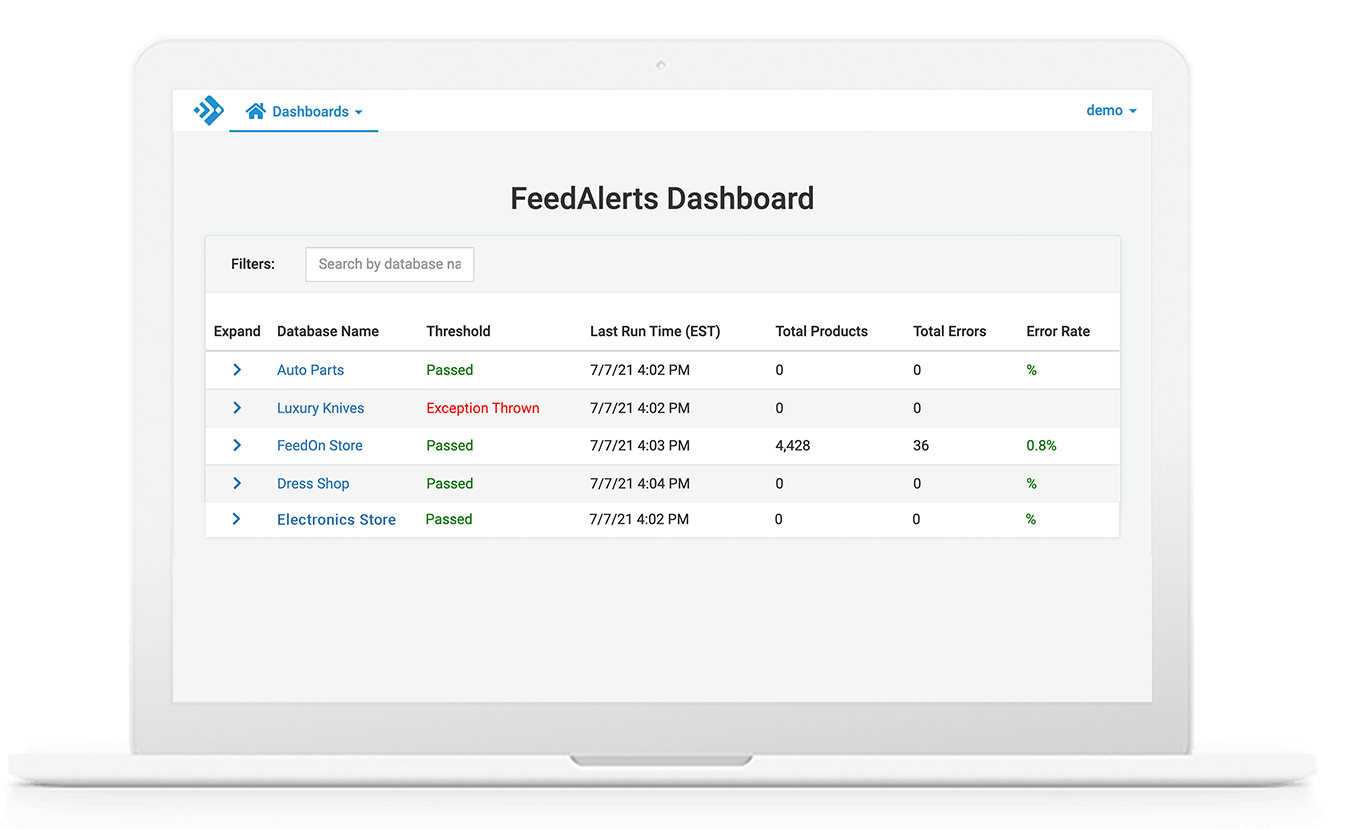Alternatives to Debutify
1. Adobe Sensei for Commerce
+Pros
- Native Adobe Commerce Integration
- Visual AI Capabilities
- Proven Customer Results
- Enterprise-Grade Scalability
-Cons
- Platform Dependency Restriction
- Implementation Complexity
- Entry Cost Barriers
- Data Infrastructure Dependencies
- Support Complexity
One highlighted feature and why it's amazing
Analyzes customer browsing patterns, purchase history, and cart activity to generate personalized product suggestions.

Another highlighted feature of why it’s amazing
Employs natural language processing to interpret search queries with typos, synonyms, and contextual understanding.
2. Feedonomics by BigCommerce
+Pros
- AI categorization superiority with over 99% accuracy and 17x faster processing compared to rule-based competitors.
- Enterprise scalability with documented success managing 1.3M+ SKUs across multiple countries.
- Full-service support model with 24/7 availability and 1-hour urgent response times.
- Proven customer outcomes with significant ROI uplift and revenue growth.
- Data governance capabilities with automatic export pausing during pricing and inventory anomalies.
-Cons
- Pricing accessibility constraints with entry pricing starting at $1,200+ monthly versus competitors like DataFeedWatch at $59/month.
- Feature breadth constraints with DataFeedWatch's broader channel coverage (2,000+ vs. 300+) and VersaFeed's integrated bidding analytics capabilities.
- Implementation complexity requiring 12-16 weeks for enterprise deployments with cross-functional teams.
- UI complexity consistently cited by customers requiring learning curves.
- Performance thresholds limiting effectiveness for smaller operations, requiring minimum 50,000 monthly sessions for reliable AI personalization.
One highlighted feature and why it's amazing
Feedonomics' core differentiator, delivering over 99% accuracy in product categorization while processing 17x faster than traditional rule-based approaches.

Another highlighted feature of why it’s amazing
Supports complex, multi-channel operations. The platform successfully manages 1.3M+ SKUs across multiple countries and channels as demonstrated in Dell's 17-country implementation.
3. Salesforce Commerce Cloud
+Pros
- Einstein AI integration delivering measurable customer outcomes
- Unified B2B/B2C commerce capabilities providing real-time inventory synchronization
- Proven capabilities with 4.2/5 customer satisfaction based on G2 reviews
-Cons
- High investment barriers for businesses under $5M revenue
- Support quality concerns with SMB customers citing ticket resolution delays
- Implementation complexity creating risks with stock discrepancies during first-month operations
One highlighted feature and why it's amazing
Provides predictive analytics, automated merchandising, and personalized recommendations across the customer journey .

Another highlighted feature of why it’s amazing
Enables headless commerce flexibility with reported front-end deployment time improvements compared to monolithic platforms .
Other Alternatives
Fontify for Shopify
Squarespace Commerce
How We Researched This Guide
About This Guide: This comprehensive analysis is based on extensive competitive intelligence and real-world implementation data from leading AI vendors. StayModern updates this guide quarterly to reflect market developments and vendor performance changes.
296+ verified sources per analysis including official documentation, customer reviews, analyst reports, and industry publications.
- • Vendor documentation & whitepapers
- • Customer testimonials & case studies
- • Third-party analyst assessments
- • Industry benchmarking reports
Standardized assessment framework across 8 key dimensions for objective comparison.
- • Technology capabilities & architecture
- • Market position & customer evidence
- • Implementation experience & support
- • Pricing value & competitive position
Research is refreshed every 90 days to capture market changes and new vendor capabilities.
- • New product releases & features
- • Market positioning changes
- • Customer feedback integration
- • Competitive landscape shifts
Every claim is source-linked with direct citations to original materials for verification.
- • Clickable citation links
- • Original source attribution
- • Date stamps for currency
- • Quality score validation
Analysis follows systematic research protocols with consistent evaluation frameworks.
- • Standardized assessment criteria
- • Multi-source verification process
- • Consistent evaluation methodology
- • Quality assurance protocols
Buyer-focused analysis with transparent methodology and factual accuracy commitment.
- • Objective comparative analysis
- • Transparent research methodology
- • Factual accuracy commitment
- • Continuous quality improvement
Quality Commitment: If you find any inaccuracies in our analysis on this page, please contact us at research@staymodern.ai. We're committed to maintaining the highest standards of research integrity and will investigate and correct any issues promptly.